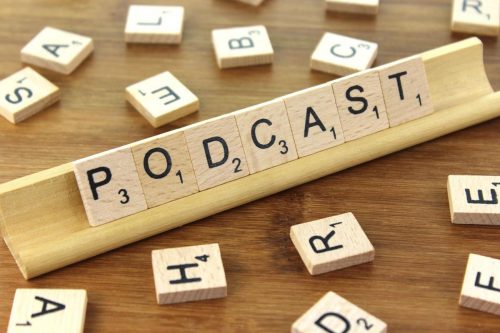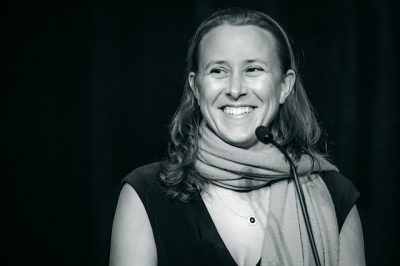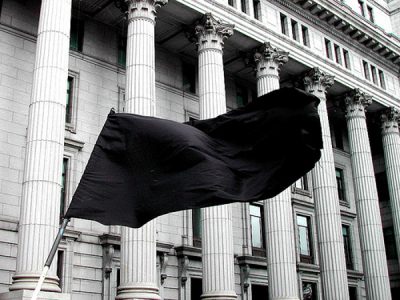 When talking about China, local digital media hypes are often temporalized on a yearly basis, resulting in a peculiar Chinese zodiac of tech-related buzzwords. 2005 was the Year of the Blog, 2008 The Year of Shanzhai, 2009 the Year of Weibo, 2012 the Year of WeChat, 2014 the Year of… well, it’s been the Year of WeChat for a few years now. Anyway, given the disproportionate attention being given to the phenomenon, 2016 is poised to be remembered as the Year of Livestreaming, or, as it is called in Mandarin Chinese, zhibo (literally ‘direct-casting’). The translation is revealing, because while livestreaming is commonly linked to videogaming and event broadcasting on platforms like Twitch (or, more recently, YouTube and Facebook) in Mainland China livestreaming is being adopted as a prominent content format by a wide variety of social media platforms, and has been enthusiastically embraced by users keen to share sights from their everyday lives, often through apps and websites that offer social networking capabilities, live commenting functions and microtransaction-based gifting.
When talking about China, local digital media hypes are often temporalized on a yearly basis, resulting in a peculiar Chinese zodiac of tech-related buzzwords. 2005 was the Year of the Blog, 2008 The Year of Shanzhai, 2009 the Year of Weibo, 2012 the Year of WeChat, 2014 the Year of… well, it’s been the Year of WeChat for a few years now. Anyway, given the disproportionate attention being given to the phenomenon, 2016 is poised to be remembered as the Year of Livestreaming, or, as it is called in Mandarin Chinese, zhibo (literally ‘direct-casting’). The translation is revealing, because while livestreaming is commonly linked to videogaming and event broadcasting on platforms like Twitch (or, more recently, YouTube and Facebook) in Mainland China livestreaming is being adopted as a prominent content format by a wide variety of social media platforms, and has been enthusiastically embraced by users keen to share sights from their everyday lives, often through apps and websites that offer social networking capabilities, live commenting functions and microtransaction-based gifting.
I got in touch with my former colleague Dino Zhang to hear about his ongoing doctoral work at DERC (Digital Ethnography Research Center), and we exchanged a few thoughts around zhibo and content formats on Chinese digital media platforms. In 2014, Dino was kind enough to host me for the brief period in which our fieldworks overlapped in his home city of Wuhan, and we ended up writing some observations about Momo (perhaps 2014 was the Year of Dating Apps, who knows), a social contact app that was much touted as symptomatic of a Chinese “sexual revolution”, but that we instead found to be largely used for combating wuliao (boredom) through group chats and location-based social networking. Quite tellingly, two years later, Momo’s growing profits are fueled by its incorporation of a zhibo function which projects the platform further away from its narrow depiction as a “dating app” and typifies the shapeshifting nature of many local digital media platforms, forced by a competition for hundreds of millions of users to embrace and incorporate the latest functions and content formats.
 Gabriele de Seta: Your previous research project was about internet cafés in a second-tier Chinese city and the changes they went through during large-scale urban restructuring. You’ve also written about social contact apps and explored the concept of boredom in its relation with urban spaces. How did zhibo enter this picture? more...
Gabriele de Seta: Your previous research project was about internet cafés in a second-tier Chinese city and the changes they went through during large-scale urban restructuring. You’ve also written about social contact apps and explored the concept of boredom in its relation with urban spaces. How did zhibo enter this picture? more...









